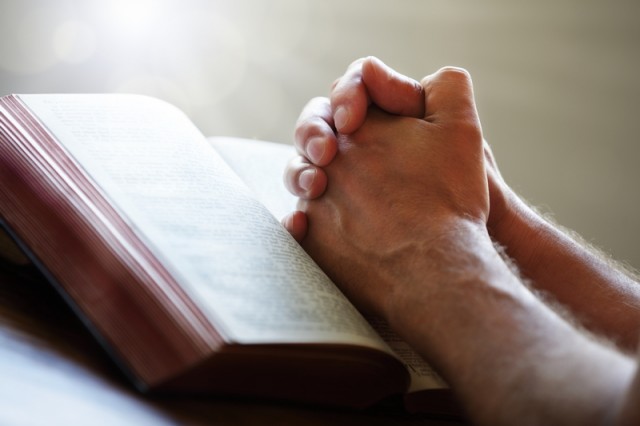Ancient Romans erected stone pillars called “obelisks” along roads, typically a mile apart. Each “mile stone” was assigned a number to help travelers know how far they had gone on their journey and how far they had to go. We still use a system of mile markers on highways, and we understand “mile stones” as a metaphor for marking significant events in our lives.
Graduation is a milestone. It can mark the end of childhood, a heading out into the world to pursue further education or a first job. It’s an accomplishment that, oddly, often is mentioned at one’s funeral. Where and when you graduated from high school serves as a milestone, along with college graduation, marriage, big career moments, the birth of children and so on. Whether you reflect on it or not, you’ve already reached many milestones and have many to go. One day (hopefully), the most significant, still-living people in your life will gather and speak about the milestones of your life. What will they say?
Here’s what I’ve noticed: after briefly mentioning one’s significant graduation moments, career moves, accomplishments and accolades, the most moving eulogies speak to how someone loved others and cared for the people around them. In the final summation, love is what matters the most.
Jesus was asked once, “What is the greatest commandment?” In other words, what matters the most in this life? What actions speak best to the heart of life? He quoted words from Deuteronomy 6:5 and Leviticus 19:18: “‘Love the Lord your God with all your heart and with all your soul and with all your mind.’ This is the first and greatest commandment. And the second is like it: ‘Love your neighbor as yourself.’”
There are three spheres of love: love for God, love for neighbor and love for self. Life is a journey in some sense of learning to love who you are, just as you are, and as you can be. It’s a milestone to know who you are and to love that person. Life also is a pathway to learning to love others. A Catholic monk, writer and activist named Thomas Merton said, “The beginning of love is the will to let those we love be perfectly themselves, the resolution not to twist them to fit our own image.” And finally, according to Jesus, learning to love God marks life’s road, in all of God’s mystery, with all of one’s heart.
Mahatma Ghandi said, “Love is the strongest force the world possesses, and yet it is the humblest imaginable.” More than any achievement or any power gained, love has the greatest capacity to change the world for good. The apostle Paul wrote, “Love bears all things, believes all things, hopes all things, endures all things. Love never ends.” (I Corinthians 13)
A legacy of love endures when accolades become distant echoes and diplomas turn to dust. May we mark life’s journey well — by learning to love God, our neighbors and ourselves.





